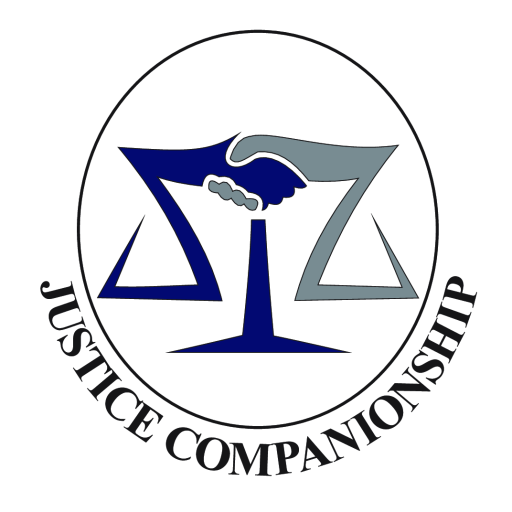THE INDIAN EVIDENCE ACT, 1872
CHAPTER VIII. –– ESTOPPEL
- 115.Estoppel. –– When one person has, by his declaration, act or omission, intentionally caused or
permitted another person to believe a thing to be true and to act upon such belief, neither he nor his
representative shall be allowed, in any suit or proceeding between himself and such person or his
representative, to deny the truth of that thing.
Illustration
A intentionally and falsely leads B to believe that certain land belongs to A, and thereby induces B to
buy and pay for it.
The land afterwards becomes the property of A, and A seeks to set aside the sale on the ground that,
at the time of the sale, he had no title. He must not be allowed to prove his want of title.- 116.Estoppel of tenants and of licensee of person in possession. –– No tenant of immovable
property, or person claiming through such tenant, shall, during the continuance of the tenancy, be
permitted to deny that the landlord of such tenant had, at the beginning of the tenancy, a title to such
immovable property; and no person who came upon any immovable property by the licence of the person
in possession there of shall be permitted to deny that such person had a title to such possession at the time
when such licence was given. - 117.Estoppel of acceptor of bill of exchange, bailee or licensee. –– No acceptor of a bill of
exchange shall be permitted to deny that the drawer had authority to draw such bill or to endorse it; nor
shall any bailee or licensee be permitted to deny that his bailor or licensor had, at the time when the
bailment or licence commenced, authority to make such bailment or grant such licence.
Explanation (1). –– The acceptor of a bill of exchange may deny that the bill was really drawn by the
person by whom it purports to have been drawn.
Explanation (2). –– If a bailee delivers the goods bailed to a person other than the bailor, he may
prove that such person had a right to them as against the bailor.
